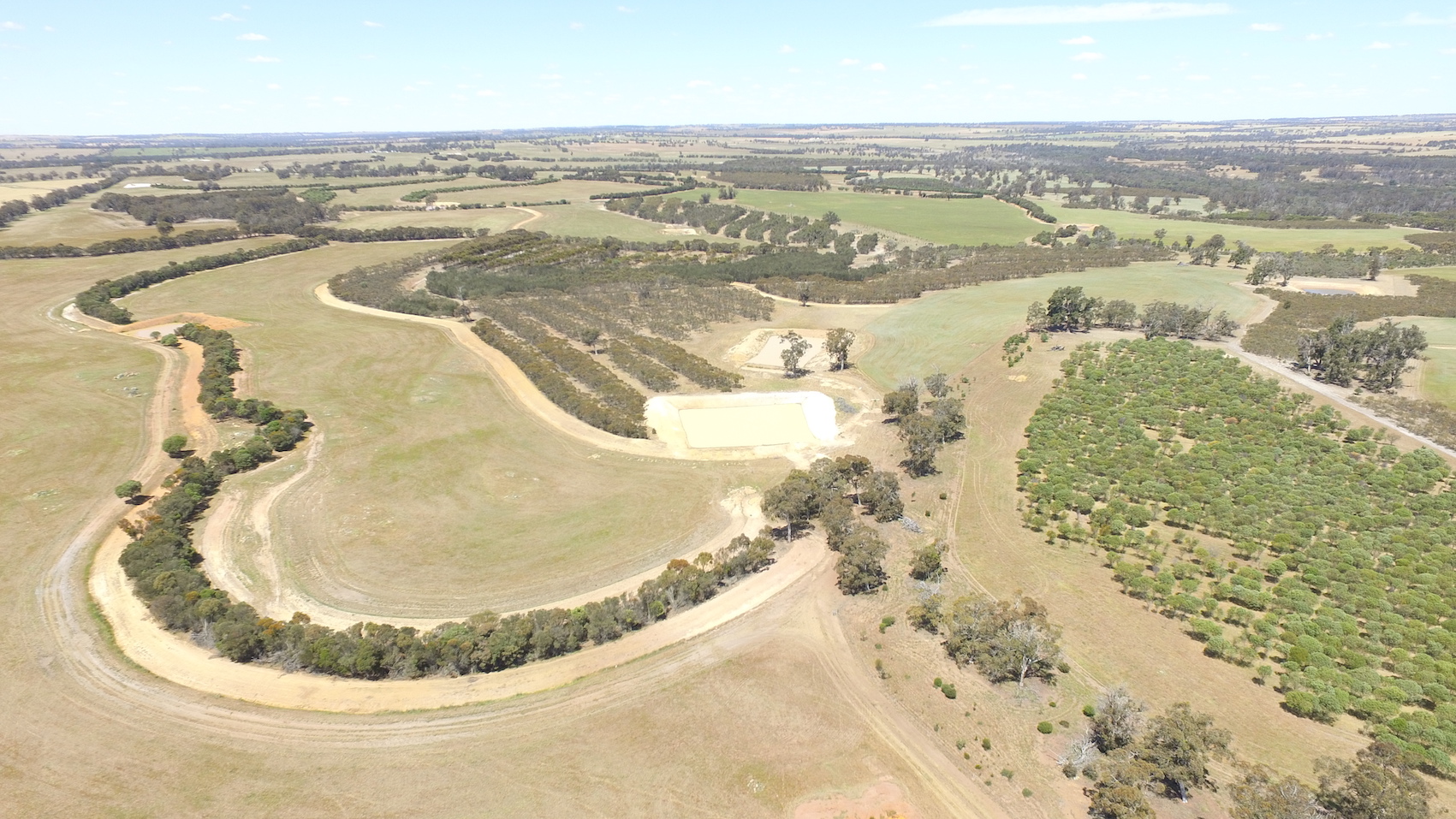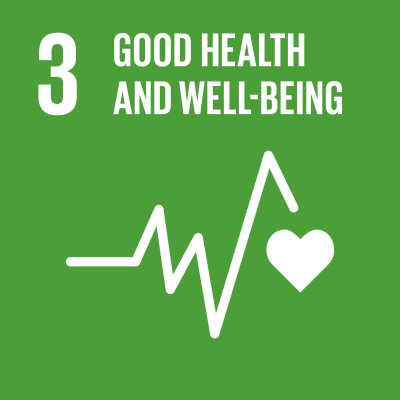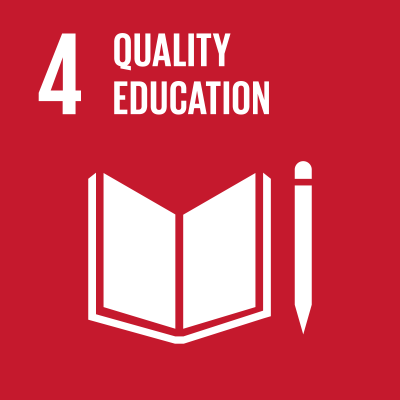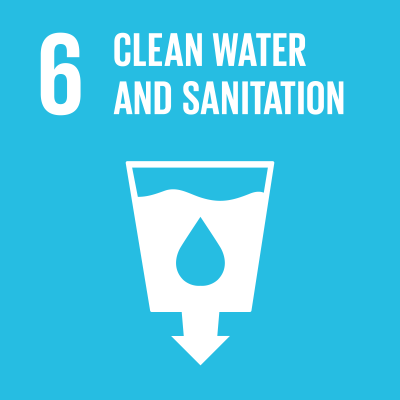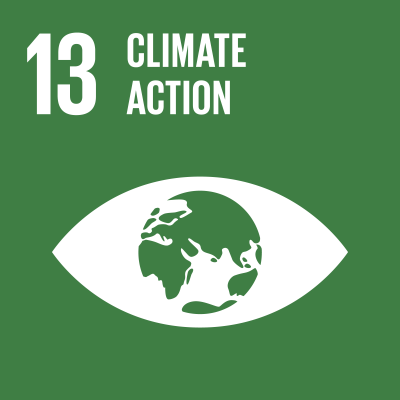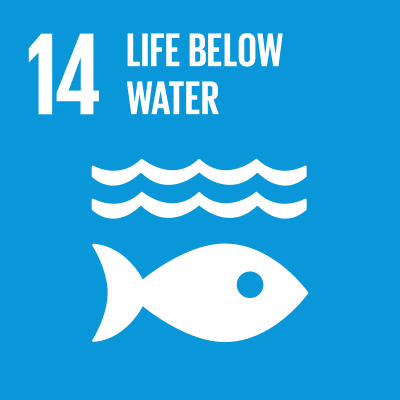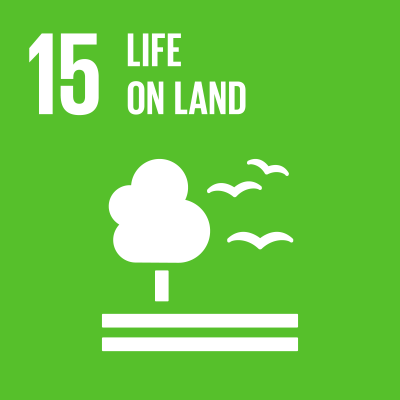An organic and regenerative cropping and agroforestry farm in Western Australia changing the way to do business
Property Description:
Certified Organic farm with advanced ecosystem integration principles and history of agroforestry, landscape management, water conservation, habitat linking and increasing soil carbon.
Total Eco-Credits Generated
Eco-credits available shortly
Temple Farm
Owner Name:
David McFall
Member Profile:
Property Address:
Cherry Tree Pool, Western Australia
Certification No.:
NCO_6363
Property Size (Ha):
1000Ha
Production Area (Ha):
Arable crop 430ha, agroforestry plantings comprise 100ha
Conservation/ Biodiversity Area (in Ha):
470ha managed remnants and plantings for habitat including 120ha ‘wetland’ and biodiversity features
Farm Ethos
Certified Organic farm with advanced ecosystem integration principles and history of agroforestry, landscape management, water conservation, habitat linking and increasing soil carbon.
Crops or Farm Production System:
Grain crops, livestock, agroforestry
Farm Practices:
Certified Organic cropping plus agroforestry and carbon offsets
Key Features of Farm Management System:
4th generation family enterprise. 40 years regenerative practices. 30% vegetation 70% improved pasture. High integrated nature base values. It is a gift of nature, time and place that we can ‘farm’ and with that understand our purpose in the great interconnection that is to infinity and beyond in all directions.
Climate
Temperate 450mm rainfall in a general drying trend over the last 3 decades.
Soils
Quite variable from Duplex loams to gravels, sand through to duplex clays. Strengths are in the accumulation of carbon to absorb moisture and promote microbial communities to gather essential nutrients for enterprise needs.
Water Resources - Natural & Irrigation
Rain fed farm. No public reticulation access. Gather 100% from above and manage hydration through soil absorption and containment and conveyance structures. Considered 100% water secure in domestic and stock water needs. Expanding system for new enterprise opportunities and continuing soil health management to increase holding capacity.
Vegetation
Predominate annual pastures on the majority of heavier soil types and a mix of annuals and perennials on the lighter soil types. Increasing pasture improvement through integration of pulses in the crop and remediate pasture phases of the rotation.
Markets
Grain sales to processors of organic oats for export destinations.





